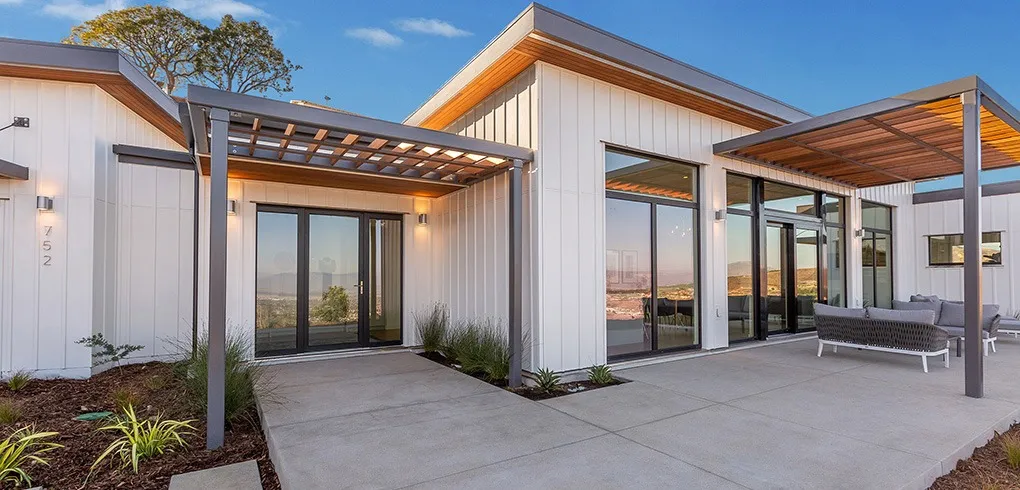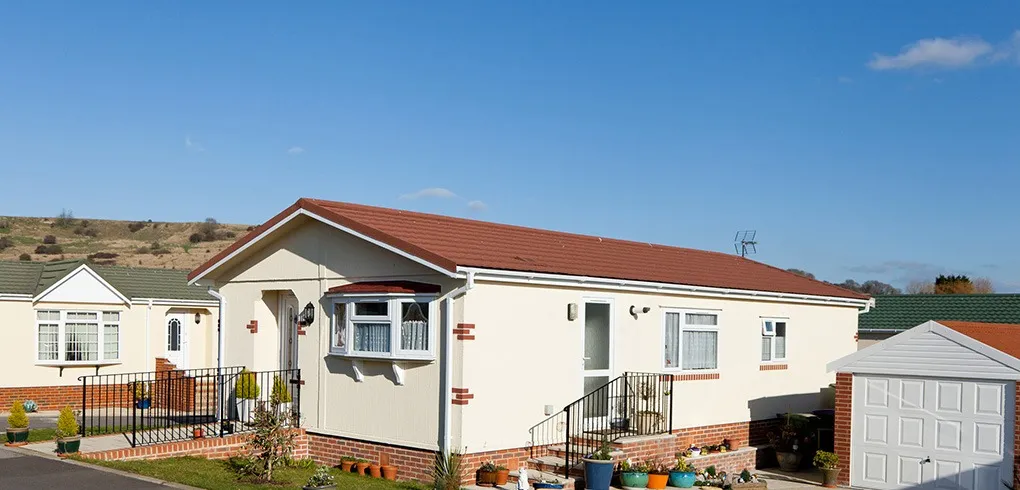It’s possible to find a standard residential mortgage to buy a prefab house, but it will be more challenging than getting finance for a conventionally built property as you’ll need to use a specialist lender. This is because mortgage providers view prefab houses as being of non-standard construction and higher risk. Part of the risk associated is based on historical, older concrete prefab houses. Walls constructed in concrete can crumble over the years. If the steel binding rods which are encased in concrete start to corrode, it can cause cracks which threaten the structure. While some concrete houses have lasted over 100 years, others have developed faults after just a few decades. This explains why most lenders tend to be more cautious about lending against prefab homes.
Lenders are also more likely to be cautious about the future value of a prefab house and how easy it will be to resell the house in the event of repossession. Even though prefab properties are likely to be structurally sound, mortgage providers are also concerned about the potentially higher risk of damage and cost of repair.
The non-standard build and structure of prefab houses mean that lenders’ criteria for these types of properties vary significantly. During the mortgage application process, the lender may ask more questions about the property than for a standard construction property. They may also require a larger deposit and charge higher rates.
Given this, it makes sense to consider 2 additional factors when you begin your search for a mortgage lender: how easy you’ll find it to sell the property and how much home insurance will cost. As with mortgage providers, insurance companies will view a prefabricated house as a higher risk property and adjust their offering accordingly. You may find that some insurance providers will simply not provide cover on prefabricated building structures.
There are a couple of other tips to bear in mind when initially planning to buy a prefab and build your dream home.
First, consider hiring a local surveyor who has experience with prefabs. They’ll be able to tell you whether the prefab you have in mind meets the latest building regulations and standards. You can then use their assessment when you approach lenders to flag any issues they may have early on.
Second, if there are prefabs in your area, you may find a lender locally who has some knowledge of this specialist market and will be more amenable. Otherwise you’ll have to approach a broker in order to access specialist lenders and products.


